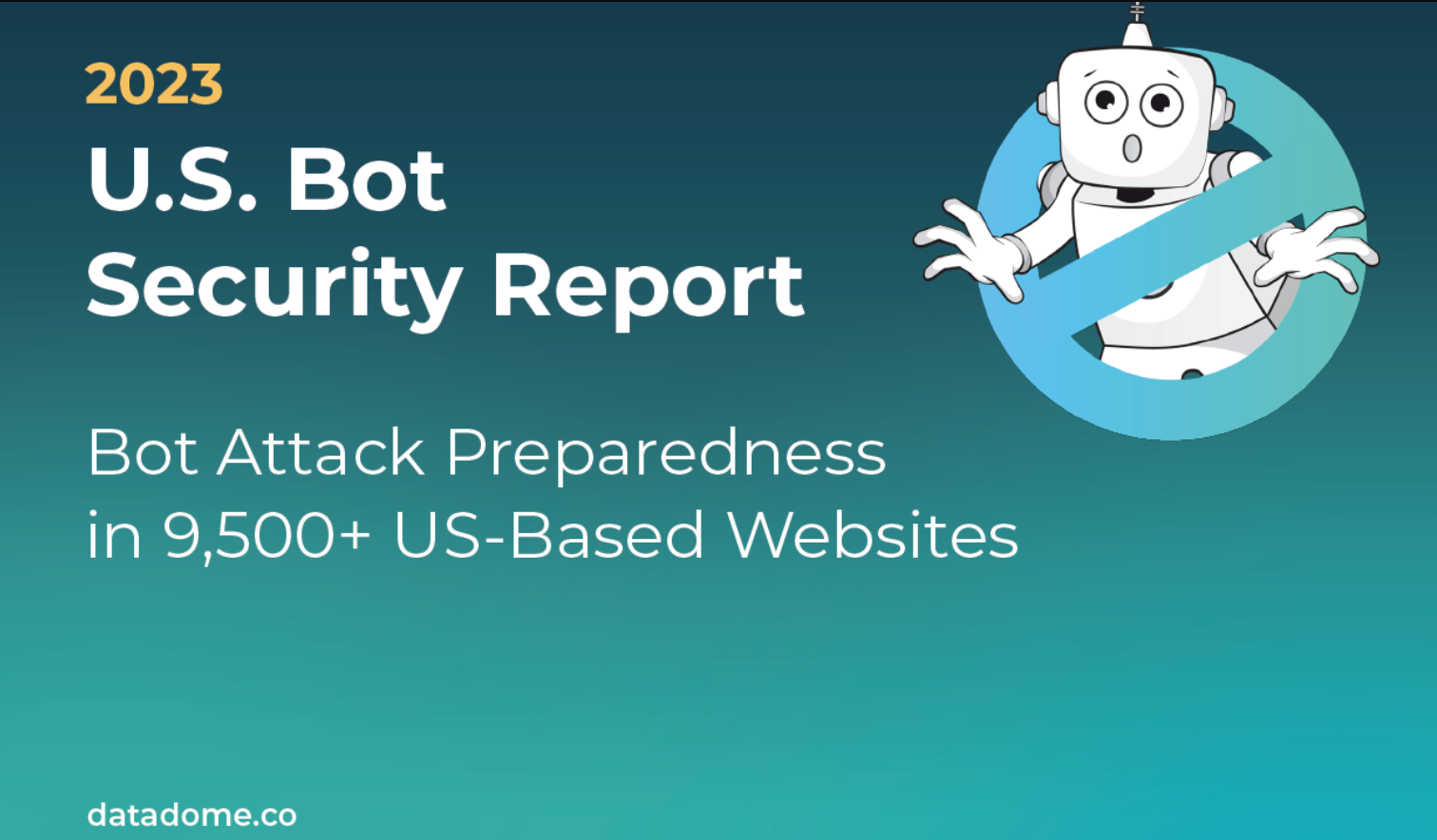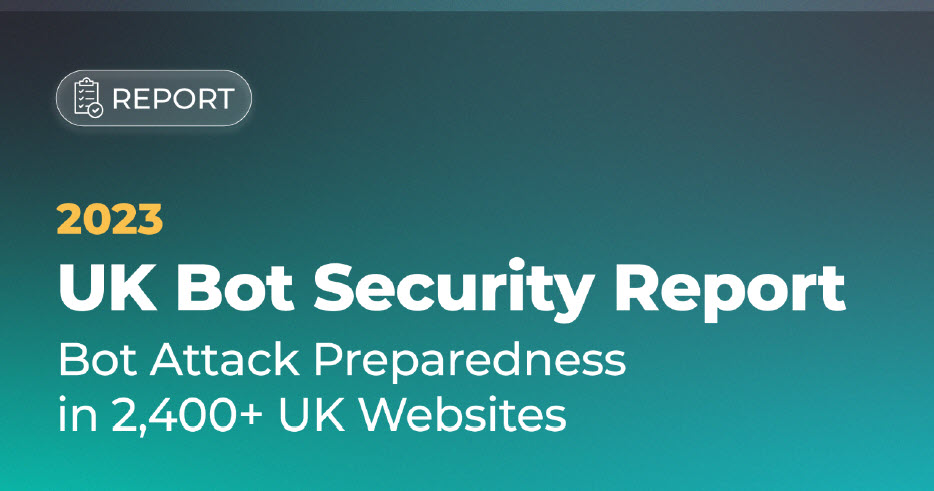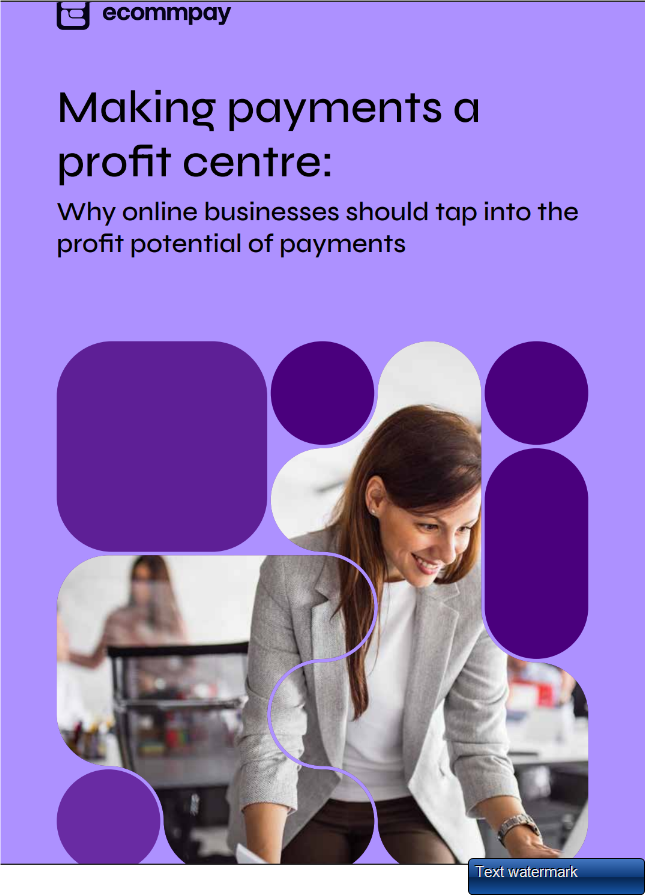5 Tips for Preventing PSP Downtime and Protecting Business Continuity
The ability to accept payments without interruption is crucial for businesses to thrive in this worldwide always-on ecosystem. Any downtime can have a significant impact on revenue, customer trust, and brand reputation. And, for up-and-coming merchants, ongoing outages could mean the difference between a business thriving and a business ceasing operations.
The safeguard against any looming threats of payment service provider (PSP) downtime? Implementing strategic processing measures and following business continuity best practices. In this post, we will outline the costly reality of an outage, as well as five key tips for avoiding payment service provider downtime.
What payment service provider downtime can mean for merchants
Even with the highest SLAs, most digital services are bound to experience some downtime, and payment service providers are no exception. However, the actual and perceived impacts to merchants’ bottom lines and customer experience can be astronomical. For a company the size of Amazon, a single minute of downtime could mean a $220,000 loss in revenue.
While a complete outage of a PSP is unlikely to occur, especially with the big-name players, they’re not unheard of. In 2019, Stripe had a rare two-hour outage affecting most customers’ abilities to accept payments during this time. One New York-based startup, in particular, claimed to have lost roughly $100,000 in sales because of this incident.
Unfortunately, incidents like this disproportionately impact small businesses, many of which do not have continuity plans in place, like a backup PSP that will kick in should the primary PSP stop accepting payments.
However, there are a few ways merchants of all sizes can prevent a massive outage from shutting down their business.
Tips to Prevent Payment Service Provider Downtime from Impacting Business Continuity
Tip 1: Monitor system performance and transaction metrics regularly
In some cases, system outages will occur without any warning whatsoever. In other cases, however, signs of an upcoming outage will begin showing up in the form of anomalies in system logs. Be sure to review your systems’ health regularly to identify any unusual patterns or warning signs that could foreshadow an upcoming outage. If you regularly monitor system performance and set up helpful system alerts, you have a better chance of catching these anomalies and proactively addressing any issues before the issues impact your ability to process payments.
You should also keep a watchful eye on metrics like response time, chargeback rate, and transaction success rate through your payment processor’s built-in monitoring tools.
You may start to see trends that seem inconsequential at first, but would later become an indicator of a serious issue. For instance, merchants seeing an increasing number of chargebacks could become restricted by their payment service provider from processing payments for a period of time.
Tip 2: Implement redundancy and backup systems to minimize the risk of a single point of failure
One of the best ways to prevent business continuity issues with any outage is to have a backup plan in place. The Stripe outage in 2019 was a cautionary example of how the smaller businesses that had no backup systems and no fallback routing were completely unable to transact until Stripe came back online.
Safeguard your business by building in a multiprocessor routing strategy. One way to do this is to choose a PSP as your primary processor and build in cascading payments as a fallback. With this approach, you process all transactions through the primary processor, and if a payment fails to authorize, your decisioning engine can identify PSP performance issues and kick the payment over to the fallback PSP to attempt to authorize the payment.
This approach, while somewhat basic in nature, ensures that payments get a second chance to authorize successfully, and would likely keep payments running in the event of an outage with the primary PSP.
Tip 3: Stay up-to-date on industry trends and best practices
Staying in-the-know with trends and best practices in the payments industry may allow you to identify issues before they become widespread. For instance, you may start to notice that your PSP is shutting down other merchants with little warning, so you may start to consider other solutions to prevent this from happening to you.
It’s also a good best practice to monitor and evaluate emerging technologies and advancements in the payments industry that could benefit your company. Participate in industry forums, conferences, and webinars to stay informed about the latest trends. Engage with industry experts to gain insights on the steps you can take to improve the resilience of your payments process.
Tip 4: Conduct regular stress tests and simulations to identify potential weaknesses
As a merchant, one of the last things you’d want is to run a huge promotion, drive a lot of traffic to your website, and then have your systems go down because they can’t support the volume. You should run stress tests that simulate high volumes of transactions so that you can gauge system performance under peak loads.
Analyze the results to identify any performance bottlenecks or areas that require optimization so that you can make the necessary changes to improve the systems prior to ever testing that high of a volume in the wild.
Tip 5: Establish clear communication channels and protocols for addressing issues quickly
A good best practice for business continuity is to create a communication plan that outlines roles, responsibilities, and escalation procedures for all internal stakeholders in the event of any outage. You should also ensure that you’re regularly communicating any system updates, maintenance schedules, and incident reports to both customers and internal teams so that all parties are aware of changes that could cause any potential disruptions to payment processing.
Lastly, be sure to implement a helpdesk or ticketing support system to efficiently manage and address customer inquiries and issues. Make sure this system is easily accessible for customers so that if any issues arise, these customers can easily report the issue and your team can begin to assist as quickly as possible.
Be prepared
Taking measures to mitigate PSP downtime is paramount for businesses of all sizes to maintain their operations and preserve customer satisfaction. By regularly monitoring system performance, implementing redundancy measures, staying informed about industry best practices, conducting stress tests, and establishing clear communication channels, businesses can reduce the risk of downtime and ensure a seamless payment experience for their customers.
Follow these tips to protect your business from the potentially catastrophic impacts PSP downtime could have on your operations.
About Basis Theory
Basis Theory is a compliant and developer-friendly platform to secure, use, and manage the data that matters most to you. The Basis Theory platform allows businesses to continuously comply with new and existing data protection requirements and secure credit cards, PII, bank account numbers, and PHI data.
With Basis Theory, organizations can stand up a PCI-compliant cardholder data environment in seconds, a demo application in 15 minutes, and a production-ready solution in just a couple of hours. Companies that choose Basis Theory can collect card data, send it to processors or partners, and store it as if it's in their own database while satisfying up to 95% of the compliance requirements that come with PCI.
















